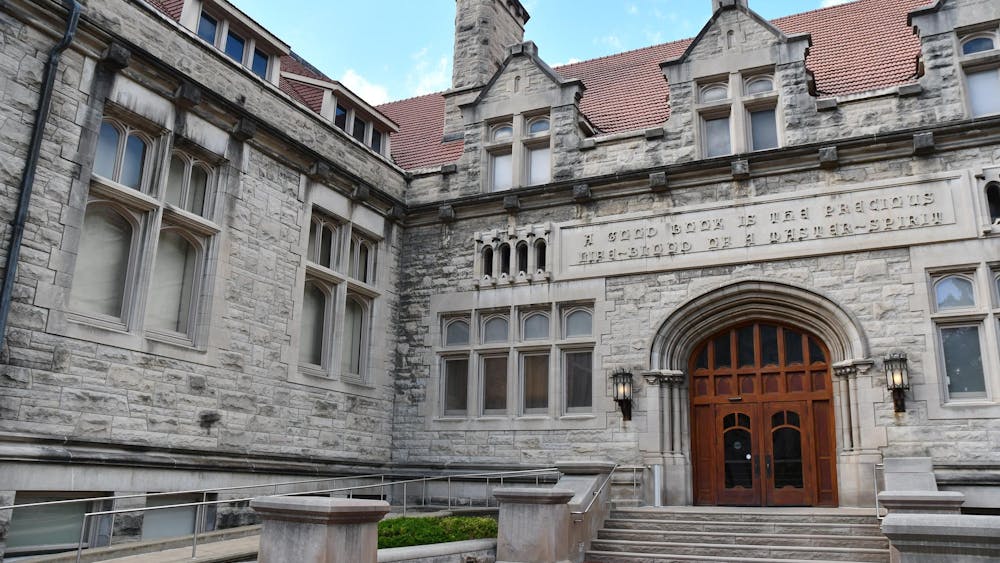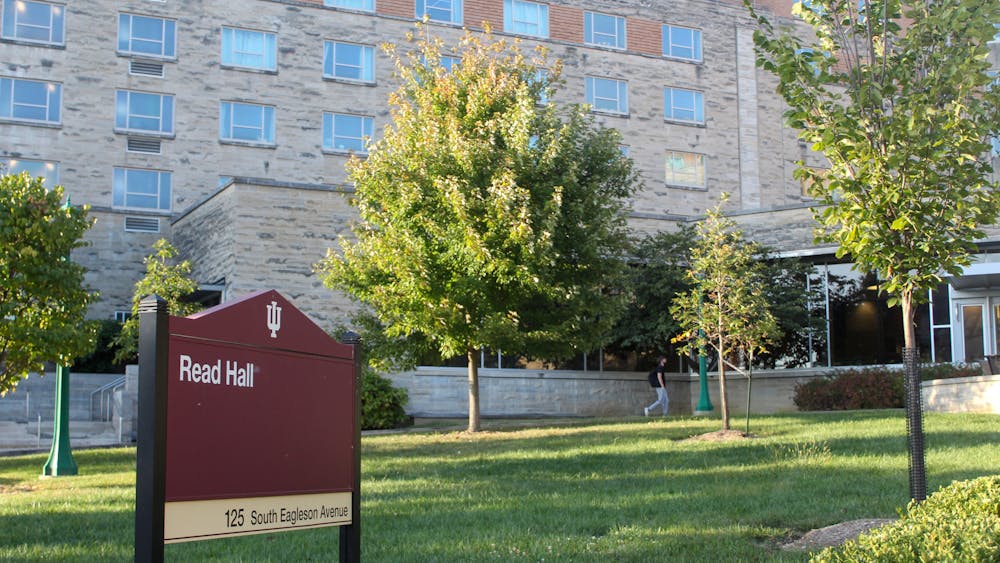If a student fails a grade, he or she will be expected to repeat it. If a school receives failing grades from the state, however, it can make an appeal to the Indiana State Board of Education to defer potential consequences.
A school’s primary goal is, of course, to educate its students. Indiana needs an effective system of holding schools accountable for how well the schools achieve this goal, which means the current system needs to change.
House Bill 1384 passed just last year provides that private schools accepting taxpayer-funded vouchers can receive a failing grade for two consecutive years and still accept new students if the state board approves the school's appeal.
HB 1384 states approval is awarded to schools capable of proving “a majority of students in the eligible school demonstrated academic improvement during the preceding school year.”
At first glance, this seems reasonable. If a school that received a failing grade in 2016 manages to improve in 2017, denying that school’s access to voucher funds in 2018 could halt its momentum and keep it at a failing grade for longer.
However, the lack of specificity in what qualifies as improvement has made the law difficult to apply, and four schools who made appeals to the state board this past year have already used that ambiguity to their advantage.
In 2017, the state board approved appeals for Central Christian Academy, Turning Point School, Lutheran South Unity School and Trinity Lutheran School, all of which would have been rejected before House Bill 1384 was passed.
According to Chalkbeat, an nonprofit news organization committed to improving schools for all children, education board member Vince Bertram defended the wording of HB 1384, saying the board needs “flexibility to look at individual schools based on their individual circumstances and then make a decision.”
There is a difference, however, between flexibility and total lack of guidance. I agree that some degree of flexibility is necessary, but the way this flexibility manifests in board decisions needs to change if we want to maintain the validity of accountability standards.
We should balance flexibility and accountability by providing schools with an appropriate range of criteria through which to demonstrate their growth.
An amendment to HB 1384 that specifies these criteria are necessary so schools can be judged on a basis that is more consistent than the current system, but still allows for attention to individual situations.
What should these criteria for growth measurement be? Research on educational strategies suggests we shouldn’t rely solely on test scores because they do not capture a comprehensive picture of performance and because a disproportionate emphasis on standardized tests harms the quality of instruction.
If we want to use test scores, we should give them only a fractional weight alongside other measures such as passing and graduation rates.
Only schools which demonstrate growth through a sufficient combination of these elements should receive waivers.
I don’t want schools to suffer unfair punishment, but under our current system, it is students who suffer from schools that aren’t held accountable.
If we establish a fair, more consistent system of accountability, schools and students will both benefit.





